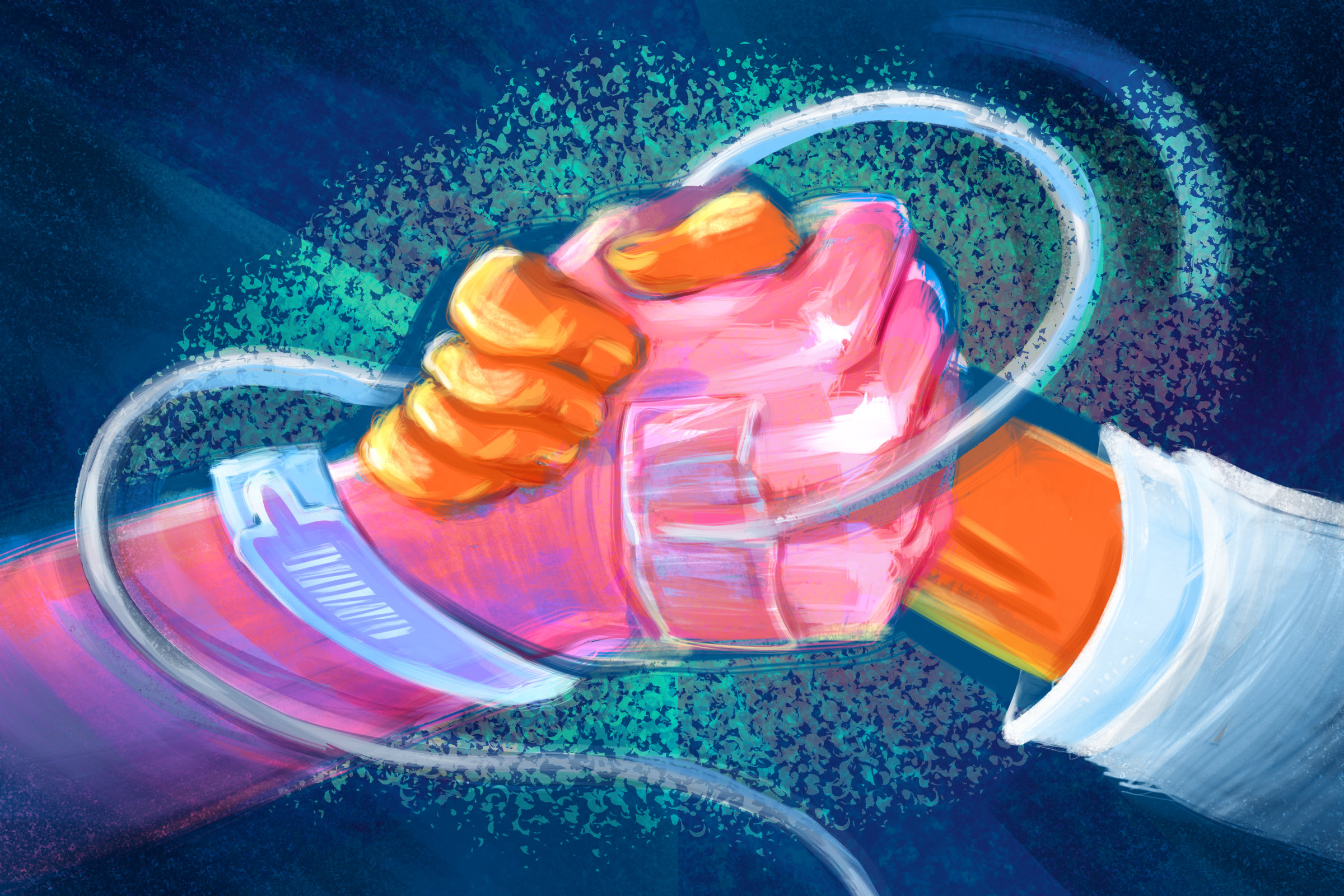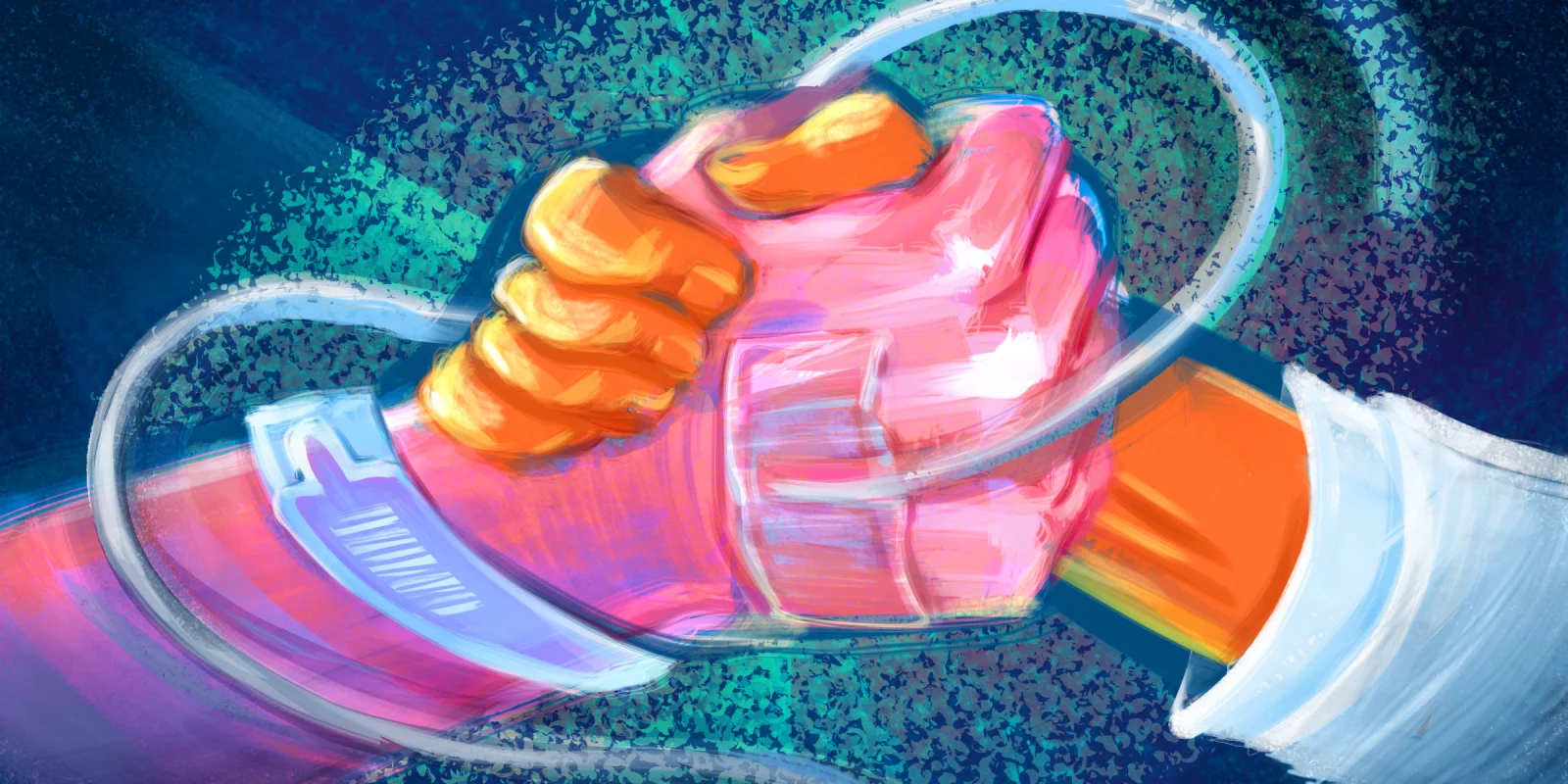
I’m embarrassed by my own ignorance sometimes. Sure, I’m a progressive advocate for social justice. I pride myself on treating all my patients with thoughtfulness and compassion, without judgment. But I have a confession: occasionally, I get it wrong.
I volunteer as a supervising physician at the C.D. Doyle Clinic in downtown Austin. The free clinic is run by medical students and operates on Sunday afternoons out of a church gymnasium. Nearly all our patients are homeless, and many suffer from mental illness, chronic disease, and drug addiction. They are the most vulnerable members of our community. Though I often can’t do much to help, it is an honor to be able to try.
The last time I was there, I saw a young man — I’ll call him John — who was struggling with a substance use problem. John told us he used drugs daily, mainly methamphetamine, but also cocaine and whatever else he could find. That day, he had scratches and bruises on his arms and face because of a fight the night before.
“They’re after me,” he said. “I keep telling my family that they’re trying to kill me, but they won’t let me stay with them.” He was terrified. “I got away this time, but they are going to come back and find me.”
He couldn’t tell me who “they” were. Drug dealers? Gang members? His vague answers to my questions made me think he didn’t know. I thought “they” were figments of his imagination, created from drug-induced paranoia. But I couldn’t be sure.
“No one will believe me!” he said. “I don’t know what to do! Everyone thinks I’m crazy, but I know they’re coming.”
I examined his physical injuries, and my students dressed his wounds. We talked about where to go for follow-up care and help with substance use and mental health. Though I thought “they” weren’t real, I wanted to give him the benefit of the doubt. But my final instructions, while well-intentioned, were short-sighted: “If ‘they’ come back, John, you have to call the police.”
John was Black. He looked at me expressionless and didn’t say anything.
What could he have said? I realized later that if he called the police, he would be throwing himself into a dangerous situation, gambling with his life. His race alone would raise suspicion, as illustrated by the stories of so many Black men and women who have been harassed, arrested, injured, and even killed by police without justification. And John’s poverty and drug use would elevate his level of risk even more. Calling the police was something I would do. But John was living in a different universe, where there was no safe house, nowhere to turn for reliable help.
I’ve thought of John often these past two weeks. And I’m grateful to the protesters for waking up our country, as they call for an end to police brutality and institutional racism. Police are there to save lives; keeping us safe is their job. But the deaths of George Floyd, Breonna Taylor, Ahmaud Arbery, and so many others have revealed a shameful disconnect between our intentions and our reality.
If my patient, John, fears for his life, he should be able to call the police without risking it. It shouldn’t matter if he is homeless or high or Black. He deserves the same sense of security felt by most of the white world from the police: that they are there to protect us.
COVID-19 has provided new proof of how interconnected we are. Like the coronavirus, injustice, inequality, and violence are far-reaching and impact us all. But as terrifying and devastating as the coronavirus pandemic has been, the long-lasting, pervasive impacts of racism — so entrenched in our society — are worse. Black lives matter. They have always mattered, and now we have an opportunity to take long-overdue action to protect those lives.
Our reaction to this moment will reflect our values and humanity. We must use the momentum of these protests to enact real reform that ensures the safety and fair treatment of all members of our community — and an end, once and for all, to systemic racism. As physicians, as healers, it is our work to do.
Dr. Lisa Doggett is a family physician in Austin, Texas. She is co-founder of Texas Physicians for Social Responsibility and has written a memoir about her transition from doctor to patient with multiple sclerosis.
Click here to see more perspectives on COVID-19 from the Doximity network.
Click here for up-to-date news about COVID-19 on Doximity.
Illustration by April Brust







